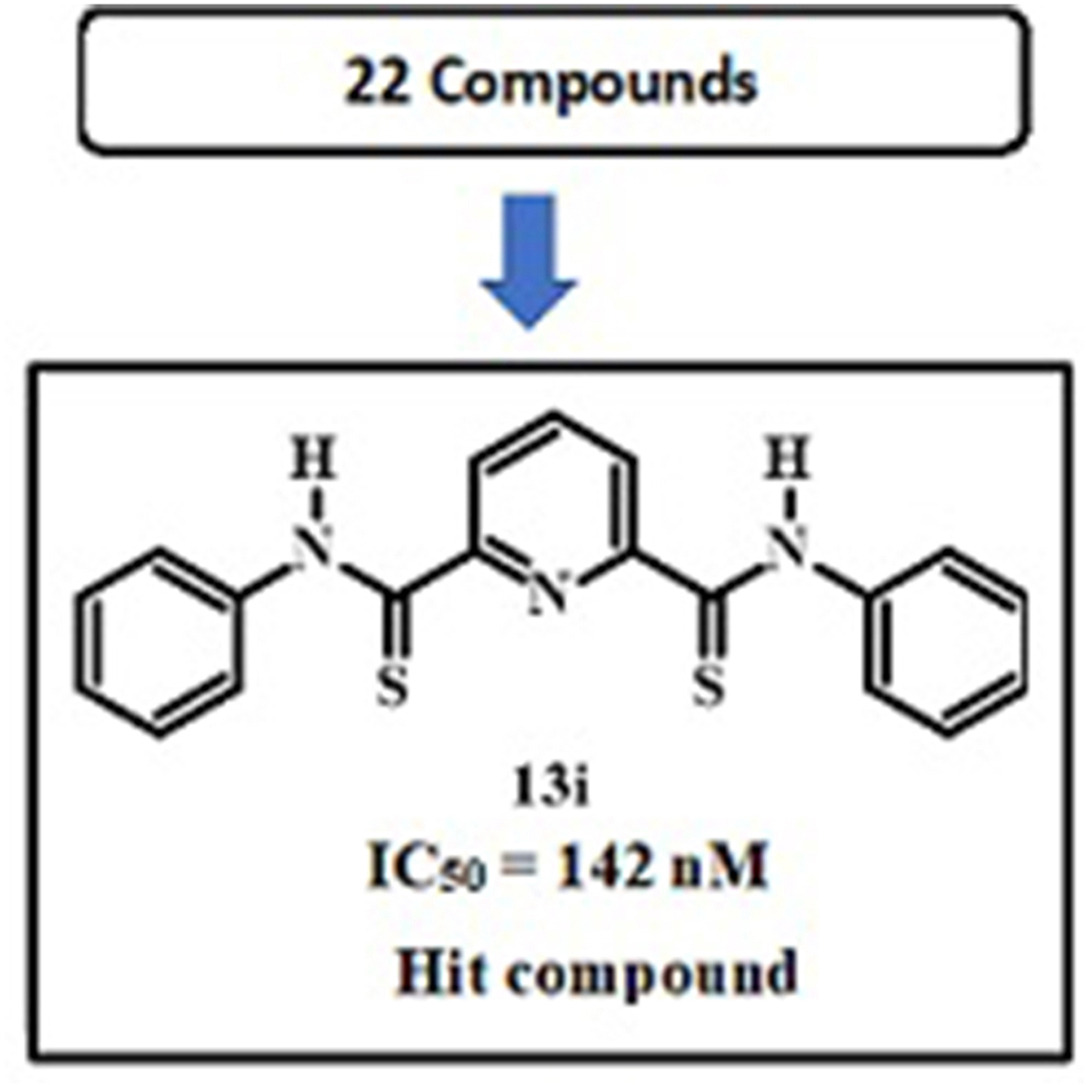The World Health Organisation states “In recent years, progress in reducing malaria has ground to a standstill. Not only does malaria continue to directly endanger health and cost lives, but it also perpetuates a vicious cycle of inequity. People living in the most vulnerable situations including pregnant women, infants, children under 5 years of age, refugees, migrants, internally displaced people, and Indigenous Peoples continue to be disproportionately impacted.
The WHO African Region shoulders the heaviest burden of the disease – accounting, in 2022, for 94% and 95% of malaria case and deaths. Rural populations in the African region living in situations of poverty and with less access to education are the most impacted. In view of the current trajectory, critical 2025 milestones of the WHO global malaria strategy for reductions in malaria cases and deaths will be missed.
Why are pregnant women, young children and other groups in vulnerable situations not accessing the malaria services they need? On World Malaria Day 2024, WHO joins the RBM Partnership to End Malaria and other partners in highlighting barriers to health equity, gender equality and human rights in malaria responses worldwide – as well as concrete measures to overcome them.”
Read the key messages from the WHO https://www.who.int/campaigns/world-malaria-day/2024
Abstract: Malaria continues to be a significant burden, particularly in Africa, which accounts for 95% of malaria infections worldwide. Despite advances in malaria treatments, malaria eradication is hampered by insecticide and antimalarial drug resistance. Consequently, the need to discover new antimalarial lead compounds remains urgent. To help address this need, we evaluated the antiplasmodial activity of twenty-two amides and thioamides with pyridine cores and their non-pyridine analogues. Twelve of these compounds showed in vitro anti-proliferative activity against the intraerythrocytic stage of Plasmodium falciparum, the most virulent species of Plasmodium infecting humans. Thiopicolinamide 13i was found to possess submicromolar activity (IC50 = 142 nM) and was 88-fold less active against a human cell line. The compound was equally effective against chloroquine-sensitive and -resistant parasites and did not inhibit hemozoin formation, pH regulation or PfATP4. Compound 13i may therefore possess a novel mechanism of action.
Featured image is Graphical Abstract showing Compound 13i
From WHO: “On World Malaria Day, let’s “Accelerate the fight against malaria for a more equitable world” through:
- Ending discrimination and stigma
- Engaging communities in health decision-making
- Bringing health care close to where people live and work through primary health care
- Addressing factors that increase malaria risk
- Including malaria control interventions in universal health coverage”









